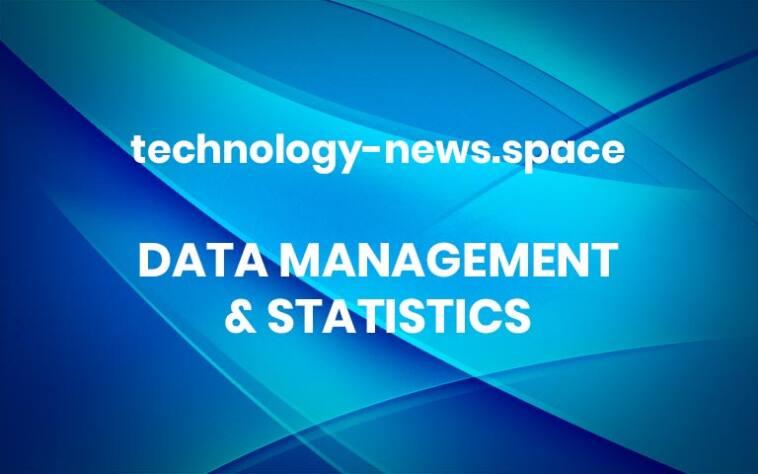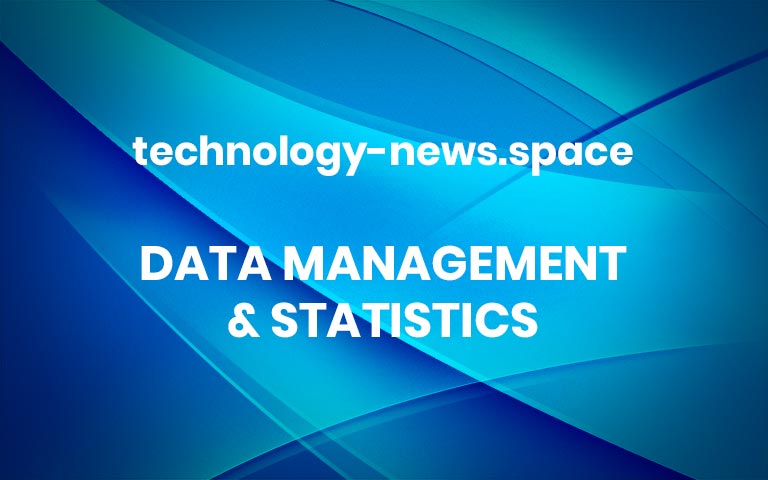A community collaboration for progress
While decades of discriminatory policies and practices continue to fuel the affordable housing crisis in the United States, less than three miles from the MIT campus exists a beacon of innovation and community empowerment.“We are very proud to continue MIT’s long-standing partnership with Camfield Estates,” says Catherine D’Ignazio, associate professor of urban science and planning. “Camfield has long been an incubator of creative ideas focused on uplifting their community.”D’Ignazio co-leads a research team focused on housing as part of the MIT Initiative for Combatting Systemic Racism (ICSR) led by the Institute for Data, Systems, and Society (IDSS). The group researches the uneven impacts of data, AI, and algorithmic systems on housing in the United States, as well as ways that these same tools could be used to address racial disparities. The Camfield Tenant Association is a research partner providing insight into the issue and relevant data, as well as opportunities for MIT researchers to solve real challenges and make a local impact.
Play video
MIT Initiative on Combatting Systemic Racism – Housing Video: MIT Sociotechnical Systems Research Center
Formerly known as “Camfield Gardens,” the 102-unit housing development in Roxbury, Massachusetts, was among the pioneering sites in the 1990s to engage in the U.S. Department of Housing and Urban Development’s (HUD) program aimed at revitalizing disrepaired public housing across the country. This also served as the catalyst for their collaboration with MIT, which began in the early 2000s.“The program gave Camfield the money and energy to tear everything on the site down and build it back up anew, in addition to allowing them to buy the property from the city for $1 and take full ownership of the site,” explains Nolen Scruggs, a master’s student in the MIT Department of Urban Studies and Planning (DUSP) who has worked with Camfield over the past few years as part of ICSR’s housing vertical team. “At the time, MIT graduate students helped start a ‘digital divide’ bridge gap program that later evolved into the tech lab that is still there today, continuing to enable residents to learn computer skills and things they might need to get a hand up.”Because of that early collaboration, Camfield Estates reached out to MIT in 2022 to start a new chapter of collaboration with students. Scruggs spent a few months building a team of students from Harvard University, Wentworth Institute of Technology, and MIT to work on a housing design project meant to help the Camfield Tenants Association prepare for their looming redevelopment needs.“One of the things that’s been really important to the work of the ICSR housing vertical is historical context,” says Peko Hosoi, a professor of mechanical engineering and mathematics who co-leads the ICSR Housing vertical with D’Ignazio. “We didn’t get to the place we are right now with housing in an instant. There’s a lot of things that have happened in the U.S. like redlining, predatory lending, and different ways of investing in infrastructure that add important contexts.”“Quantitative methods are a great way to look across macroscale phenomena, but our team recognizes and values qualitative and participatory methods as well, to get a more grounded picture of what community needs really are and what kinds of innovations can bubble up from communities themselves,” D’Ignazio adds. “This is where the partnership with Camfield Estates comes in, which Nolen has been leading.”Finding creative solutionsBefore coming to MIT, Scruggs, a proud New Yorker, worked on housing issues while interning for his local congressperson, House Minority Leader Hakeem Jeffries. He called residents to discuss their housing concerns, learning about the affordability issues that were making it hard for lower- and middle-income families to find places to live.“Having this behind-the-scenes experience set the stage for my involvement in Camfield,” Scruggs says, recalling his start at Camfield conducting participatory action research, meeting with Camfield seniors to discuss and capture their concerns.Scruggs says the biggest issue they have been trying to tackle with Camfield is twofold: creating more space for new residents while also helping current residents achieve their end goal of homeownership.“This speaks to some of the larger issues our group at ICSR is working on in terms of housing affordability,” he says. “With Camfield it is looking at where can people with Section 8 vouchers move, what limits do they have, and what barriers do they face — whether it’s through big tech systems, or individual preferences coming from landlords.”Scruggs adds, “The discrimination those people face while trying to find a house, lock it down, talk to a bank, etc. — it can be very, very difficult and discouraging.” Scruggs says one attempt to combat this issue would be through hiring a caseworker to assist people through the process — one of many ideas that came from a Camfield collaboration with the FHLBank Affordable Housing Development Competition.As part of the competition, the goal for Scruggs’s team was to help Camfield tenants understand all of their options and their potential trade-offs, so that in the end they can make informed decisions about what they want to do with their space.“So often redevelopment schemes don’t ensure people can come back.” Scruggs says. “There are specific design proposals being made to ensure that the structure of people’s lifestyles wouldn’t be disrupted.”Scruggs says that tentative recommendations discussed with tenant association president Paulette Ford include replacing the community center with a high-rise development that would increase the number of units available.“I think they are thinking really creatively about their options,” Hosoi says. “Paulette Ford, and her mother before her, have always referred to Camfield as a ‘hand up,’ with the idea that people come to Camfield to live until they can afford a home of their own locally.”Scruggs’s other partnership with Camfield involves working with MIT undergraduate Amelie Nagle as part of the Undergraduate Research Opportunities Program to create programing that will teach computer design and coding to Camfield community kids — in the very TechLab that goes back to MIT and Camfield’s first collaboration.“Nolen has a real commitment to community-led knowledge production,” says D’Ignazio. “It has been a pleasure to work with him and see how he takes all his urban planning skills (GIS, mapping, urban design, photography, and more) to work in respectful ways that foreground community innovation.”She adds: “We are hopeful that the process will yield some high-quality architectural and planning ideas, and help Camfield take the next step towards realizing their innovative vision.” More



